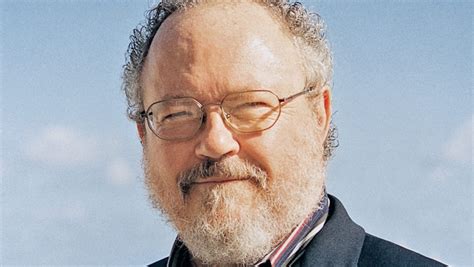A Quote by Anand Mahindra
If you aren't humble, whatever empathy you claim is false and probably results from some arrogance or the desire to control. But true empathy is rooted in humility and the understanding that there are many people with as much to contribute in life as you.
Related Quotes
Empathy is a human trait. But lots of humans exercise some traits more energetically than others. By "the usefulness of empathy" I mean the way in which a progressive might claim that empathy is a crucial aspect of any benign political system, and the way a conservative might argue that not only is it not necessary, but it might not even be all that helpful, in that regard.
Normal people have an incredible lack of empathy. They have good emotional empathy, but they don't have much empathy for the autistic kid who is screaming at the baseball game because he can't stand the sensory overload. Or the autistic kid having a meltdown in the school cafeteria because there's too much stimulation.
When people want to inspire you to turn against some group of people, they'll often use empathy. When Obama wanted to bomb Syria, he drew our attention to the victims of chemical warfare. And in both of the Iraq wars, politicians said, "Look at the horrific things that are happening." I'm not a pacifist. I think the suffering of innocent people can be a catalyst for moral action. But empathy puts too much weight on the scale in favor of war. Empathy can really lead to violence.
For the most part, people use "empathy" to mean everything good. For instance, many medical schools have courses in empathy. But if you look at what they mean, they just want medical students to be nicer to their patients, to listen to them, to respect them, to understand them. What's not to like? If they were really teaching empathy, then I'd say there is a world of problems there.
I believe in empathy. I believe in the kind of empathy that is created through imagination and through intimate, personal relationships. I am a writer and a teacher, so much of my time is spent interpreting stories and connecting to other individuals. It is the urge to know more about ourselves and others that creates empathy. Through imagination and our desire for rapport, we transcend our limitations, freshen our eyes, and are able to look at ourselves and the world through a new and alternative lens.
Humility is the true key to success. Successful people lose their way at times. They often embrace and overindulge from the fruits of success. Humility halts this arrogance and self-indulging trap. Humble people share the credit and wealth, remaining focused and hungry to continue the journey of success.
































